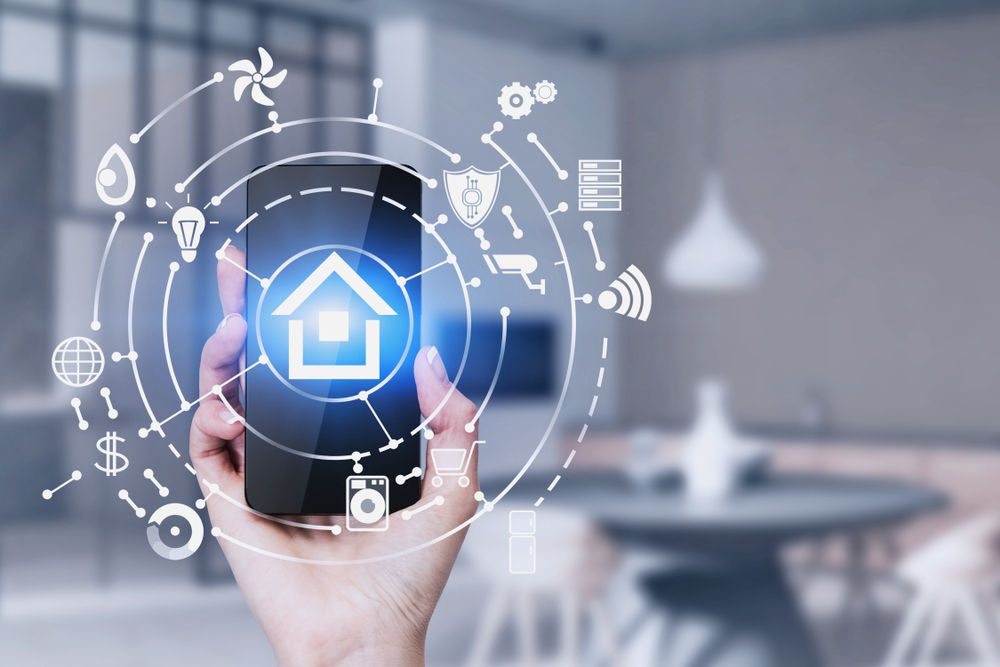
Data-driven Smart Home Solutions Revolutionizing Living Spaces
Share
In today's fast-paced world, the evolution of technology has deeply permeated our daily lives, transforming the way we live, work, and interact with our environment. Among the most significant innovations is the advent of Data-driven Smart Home Solutions, which have not only changed the dynamics of our living spaces but also introduced a new era of convenience and efficiency. For tech professionals and enthusiasts, the implications of these advancements are profound, offering a glimpse into a future where our homes are not just passive shelters but intelligent entities that respond to our needs.
The concept of a smart home is no longer a futuristic fantasy; it is a tangible reality powered by the Internet of Things (IoT) and advanced data analytics. By integrating various devices and platforms, these solutions create a cohesive ecosystem that enhances the quality of life for residents. But what makes Data-driven Smart Home Solutions truly revolutionary?

The Core of Smart Home Technology
At the heart of every smart home is the ability to gather and analyze data. This data, collected from a myriad of connected devices, provides insights into user preferences, energy consumption, and security patterns. By leveraging this information, smart home systems can optimize their operations, offering personalized experiences and improved efficiencies.
For instance, a smart thermostat can learn a household's heating and cooling preferences, adjusting temperatures accordingly to save energy without compromising comfort. Similarly, smart lighting systems can adjust illumination based on natural light availability and occupancy, contributing to energy efficiency and enhanced ambiance. This is only the beginning of what data-driven solutions can achieve.
Enhancing Security and Safety
Security is a top priority for homeowners, and Data-driven Smart Home Solutions offer enhanced measures to protect properties and their inhabitants. Advanced security systems utilize data from motion detectors, cameras, and door/window sensors to monitor and respond to potential threats in real-time. These systems can alert homeowners to unusual activities, and in some cases, even autonomously contact emergency services.
Moreover, smart home solutions can enhance safety by detecting hazards such as leaks or fires. For instance, a smart home leak sensor can identify water leaks before they cause significant damage, alerting homeowners to take immediate action.
Energy Efficiency and Sustainability
As the world becomes increasingly conscious of environmental sustainability, smart home technologies offer viable solutions for reducing energy consumption and minimizing ecological footprints. By analyzing data on energy usage, these systems can optimize appliance performance and encourage sustainable practices among users.
For example, smart grid systems can manage electricity distribution efficiently, reducing waste and lowering utility bills. Some homes are even equipped with renewable energy sources, such as solar panels, which integrate seamlessly with smart home systems for maximum efficiency. To explore how analytics contribute to green living, check out this article.
Additionally, smart home technologies encourage sustainable water usage by monitoring consumption patterns and identifying leaks quickly. Learn more about commercial water management solutions in this blog.
The Future of Smart Home Living
As technology continues to advance, the future of smart home living looks promising. Emerging trends such as artificial intelligence, machine learning, and blockchain are poised to further enhance the capabilities of smart home systems. These technologies will enable even more sophisticated data analytics, leading to highly personalized living experiences and improved resource management.
Moreover, the integration of smart home solutions with smart cities will create interconnected environments where data flows seamlessly between homes and urban infrastructure. This will result in smarter resource allocation, enhanced public safety, and improved quality of life for all residents.
Challenges and Considerations
Despite the numerous benefits, there are challenges that come with adopting Data-driven Smart Home Solutions. Privacy and data security are key concerns, as the sheer volume of data collected by smart devices makes them attractive targets for cyber-attacks. Homeowners must ensure robust security measures are in place to protect their data and privacy.
Additionally, the cost of implementing smart home technologies can be a barrier for some consumers. However, as the technology becomes more mainstream, prices are expected to decrease, making these solutions more accessible. For those looking to explore cost-effective smart home options, visit this link.
Conclusion
In conclusion, Data-driven Smart Home Solutions are transforming the way we interact with our living spaces, offering unparalleled levels of convenience, security, and efficiency. As technology continues to evolve, these systems will become increasingly integral to our daily lives, paving the way for a future where our homes are not just places to live but intelligent partners in our pursuit of a better quality of life. For more insights into smart home technologies, consider reading about green home technology.

FAQ
What are the key components of a smart home?
A smart home typically includes a network of connected devices such as smart thermostats, lighting systems, security cameras, and home assistants. These devices work together to provide automation, data analytics, and remote control capabilities.
How can smart home technologies improve energy efficiency?
Smart home technologies optimize energy usage by analyzing consumption patterns and adjusting system operations accordingly. This includes managing heating and cooling, lighting, and appliance usage to reduce waste and lower energy costs.
Are smart homes secure?
While smart homes offer enhanced security features, they also present potential vulnerabilities due to the extensive data collected. Homeowners must implement strong security measures, such as firewalls and encryption, to protect their data and privacy.
